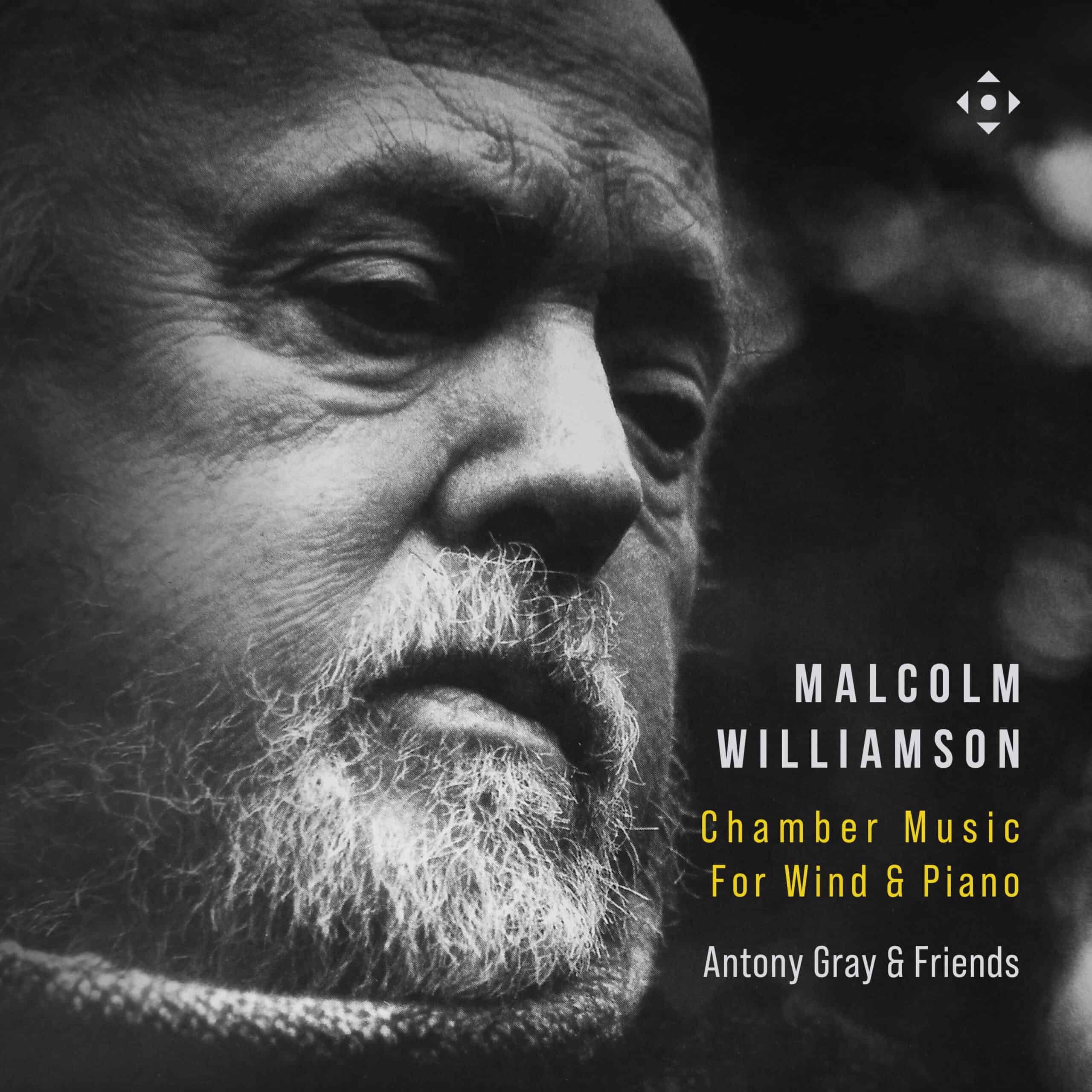Gramophone
Being appointed Master of the Queen’s Music after the death of Arthur Bliss in 1975 was probably the worst thing that ever happened to Malcolm Williamson. It is telling that almost all the music in this wide-ranging selection was written before this unfortunate milestone – and a look at his complete catalogue reveals a devastating falling-off in productivity after he assumed the royal role. The spotlight of scrutiny tragically led to an immediate inability to complete over-ambitious high-profile projects, which in turn exacerbated certain unfortunate personality traits in the composer. From being one of the most gifted and versatile musicians of his generation he effectively became persona non grata for the rest of his career – a consequence of which is that his large output has been virtually ignored since his death in 2003.
This recording is a significant attempt to make amends for such neglect and is masterminded by Australian pianist Antony Gray, who knew the composer well. He takes a leading role as pianist on the disc together with a considerable gathering of friends and colleagues who generally do Williamson proud. But a look at some of the performers associated with him in his heyday now makes poignant reading. The earliest work here is the engaging Music for Solo Horn, written in 1947 in Australia when Williamson (a budding horn player himself) was just 16. Too hard for him, it was immediately read at sight by fellow Aussie student and exact contemporary Barry Tuckwell! Never heard since, it is brought back to life with brilliance by Roger Montgomery.
The quirky Trio for clarinet, cello and piano was premiered at the 1958 Aldeburgh Festival (Britten was an early supporter) with Harrison Birtwistle rather piquantly on wind and Cornelius Cardew on piano, another work forgotten until now. The line-up for the extraordinary Concerto for wind quintet and four pianists at the Wigmore Hall in 1966 included Richard Rodney Bennett, Peter Maxwell Davies, Thea Musgrave and Williamson himself on the two pianos. The most sustained and serious piece here is the Pieta of 1973, setting five poems by Pär Lagerkvist in the original Swedish as a continuous 20-minute span for soprano, oboe, bassoon and piano. Sally Lundgren has a monochrome voice which oddly seems to suit the austere expression – adding an entirely unexpected dimension to Williamson’s chameleon-like character. The recording quality is somewhat variable throughout but this needn’t deter anyone eager to explore a forgotten master.
@divineartrecordingsgroup
A First Inversion Company
Registered Office:
176-178 Pontefract Road, Cudworth, Barnsley S72 8BE
+44 1226 596703
Fort Worth, TX 76110
+1.682.233.4978












